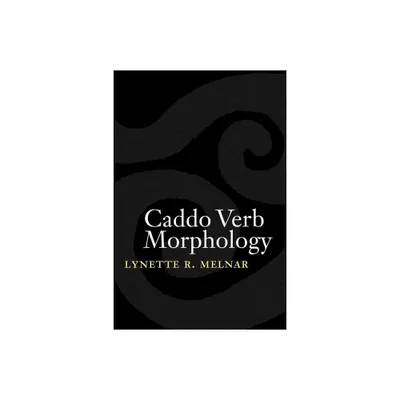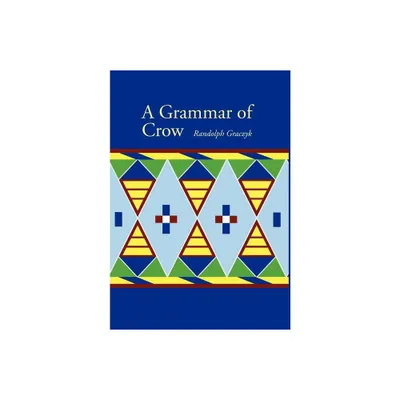Home
Beautiful Beyond: Christian Songs in Native Languages
Loading Inventory...
Barnes and Noble
Beautiful Beyond: Christian Songs in Native Languages
Current price: $17.99


Barnes and Noble
Beautiful Beyond: Christian Songs in Native Languages
Current price: $17.99
Loading Inventory...
Size: OS
*Product Information may vary - to confirm product availability, pricing, and additional information please contact Barnes and Noble
Released to roughly coincide with the 2004 opening of the Smithsonian's National Museum of the American Indian, this assembles performances of 33 Christian
hymns
and songs by tribes of various regions, from Native Hawaiian and Hopi to Mohawk, Cherokee, Comanche, Navajo, Sioux, and others. These selections include both translations of
traditional
Christian songs into Native American languages and original compositions of Christian songs, also in Native American languages. As a social document, this is extremely important, helping to preserve and promote adaptations of religious music for indigenous cultures. Musically it's very diverse, the styles including
a cappella
solo singing, unison vocalizing, and harmonizing, sometimes unaccompanied, sometimes backed by basic instrumentation (most often guitar and keyboard), sung by men, women, choirs, and children (sometimes together). While the performances are almost always passionate and sometimes stirring, the breadth of approaches covered guarantees that it will be an uneven listening experience, with few listeners possessing a broad enough taste to enjoy everything. At times its primary value is folkloric rather than purely musical, as with
the Kykotsmovi Mennonite Church Choir
's rendition of
"Silent Night"
and some of the starker
items. Others, though, project an undeniable beauty and committed spiritualism, whether it's the ghostly
Tewa Women's Choir
's
"Lord Have Mercy"
(backed by nothing but far-off piano and percussive rattle), the vibrato of
Nalani Olds
and
Mauliola Aspelund
, the rustic
Walker Calhoun
(backed by banjo), or
the Kingfisher Trio
"That Heavenly Home,"
which might remind some listeners of the casual
gospel
-
folk
of artists like
Joseph Spence
. All of the tracks are quite short, none lasting for more than three and a half minutes and some for less than a minute, ensuring constant stylistic shifts that keep restlessness at bay. ~ Richie Unterberger
hymns
and songs by tribes of various regions, from Native Hawaiian and Hopi to Mohawk, Cherokee, Comanche, Navajo, Sioux, and others. These selections include both translations of
traditional
Christian songs into Native American languages and original compositions of Christian songs, also in Native American languages. As a social document, this is extremely important, helping to preserve and promote adaptations of religious music for indigenous cultures. Musically it's very diverse, the styles including
a cappella
solo singing, unison vocalizing, and harmonizing, sometimes unaccompanied, sometimes backed by basic instrumentation (most often guitar and keyboard), sung by men, women, choirs, and children (sometimes together). While the performances are almost always passionate and sometimes stirring, the breadth of approaches covered guarantees that it will be an uneven listening experience, with few listeners possessing a broad enough taste to enjoy everything. At times its primary value is folkloric rather than purely musical, as with
the Kykotsmovi Mennonite Church Choir
's rendition of
"Silent Night"
and some of the starker
items. Others, though, project an undeniable beauty and committed spiritualism, whether it's the ghostly
Tewa Women's Choir
's
"Lord Have Mercy"
(backed by nothing but far-off piano and percussive rattle), the vibrato of
Nalani Olds
and
Mauliola Aspelund
, the rustic
Walker Calhoun
(backed by banjo), or
the Kingfisher Trio
"That Heavenly Home,"
which might remind some listeners of the casual
gospel
-
folk
of artists like
Joseph Spence
. All of the tracks are quite short, none lasting for more than three and a half minutes and some for less than a minute, ensuring constant stylistic shifts that keep restlessness at bay. ~ Richie Unterberger


















